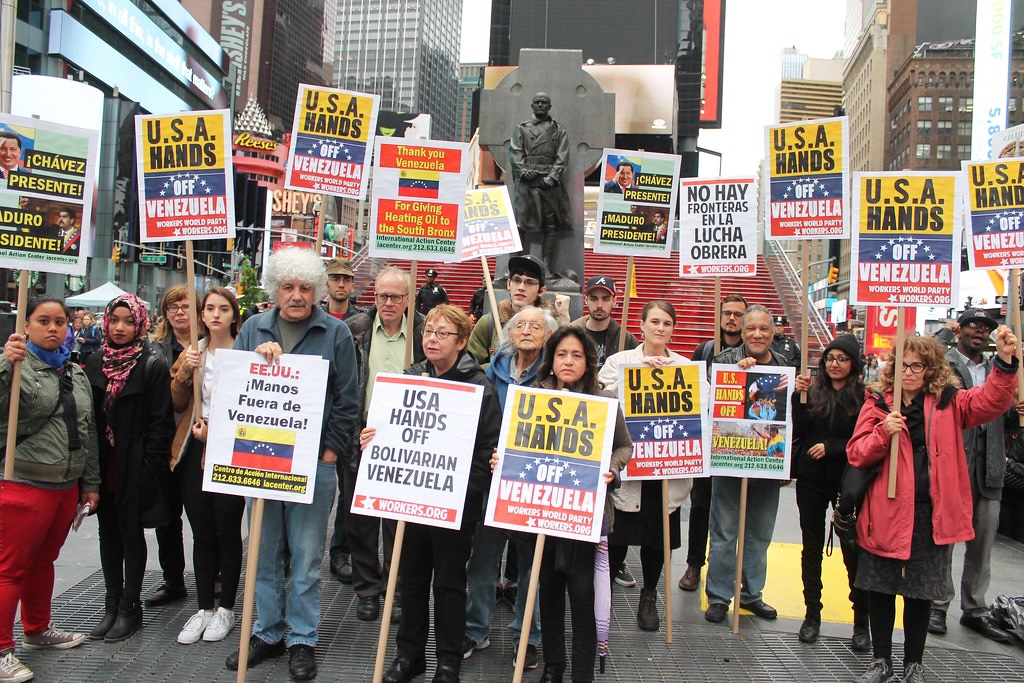Economic Sanctions Provide Sufficient Response To The War in Ukraine
Besides providing weapons to Ukraine, economic sanctions on Russia are the only pragmatic response to the ongoing war that would not result in worldwide conflict or be considered appeasement. Although they will neither end the war nor entirely prevent further Russian aggression, sanctions will have a negative effect on Russia’s economy. Targeting Russia’s economy is critical in order to debilitate Russian military ability while avoiding an outright, and potentially highly destructive, international war.
The strategy of appeasement was called into question following World War II, as this approach allowed Nazi Germany to begin annexing neighboring countries without consequence. In consideration of current events, it is beneficial to remain indirectly involved with the conflict in Ukraine, rather than engage in a sanguinary war that could entail the use of nuclear weapons. Therefore, unless Russia encroaches upon another territory, countries are left with one effective measure of retaliation: sanctions.
The economic sanctions imposed on Russia following its attempted invasion of Ukraine will inevitably cripple Russia’s economy. Some of the most impactful sanctions thus far have been those imposed on Russian oil and mining, Russia’s largest export sectors and the foundation of their economy. These sanctions hinder Russia’s access to international trade, thus destabilizing its economy and impeding its military ability. According to the World Economic Forum, Russian citizens are already “seeing their purchasing power and livelihoods sharply eroded because of the depreciation of the Russian ruble.” This resulting inflation poses an additional threat to the Russian economy. The threat of further aggression will decrease as Russian exclusion continues and as the nation struggles to rebuild its economy. As stated by NPR, “the worst is yet to come” for Russia.
Despite the heavy sanctions already imposed, global trade with Russia has not completely halted. Many European countries have not, or have only partially, sanctioned Russia, as their economies are dependent on Russian trade, lessening the sanctions’ overall efficacy.
Some sources argue that sanctions, even when executed wholly, are inadequate and will prove ineffective. For example, The Observer claims that sanctions “work only between 20 percent and 40 percent of the time” and will fail to deter Vladimir Putin, especially given his indifference in prior cases.
However, in regards to the current tense economic and political circumstances, existing sanctions will substantially harm Russia, leading to inflation, supply shortages and a stalled economy. Therefore, economic sanctions, alongside NATO’s weaponry contributions, adequately and sufficiently respond to the war in Ukraine.
Your donation will support the student journalists of Sidwell Friends School. Your contribution will allow us to purchase equipment and cover our annual website hosting costs.










































